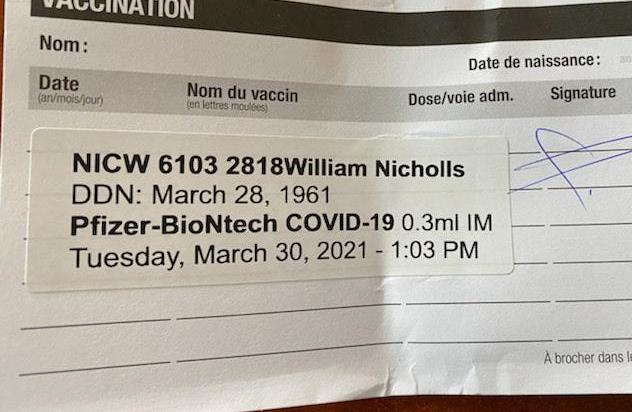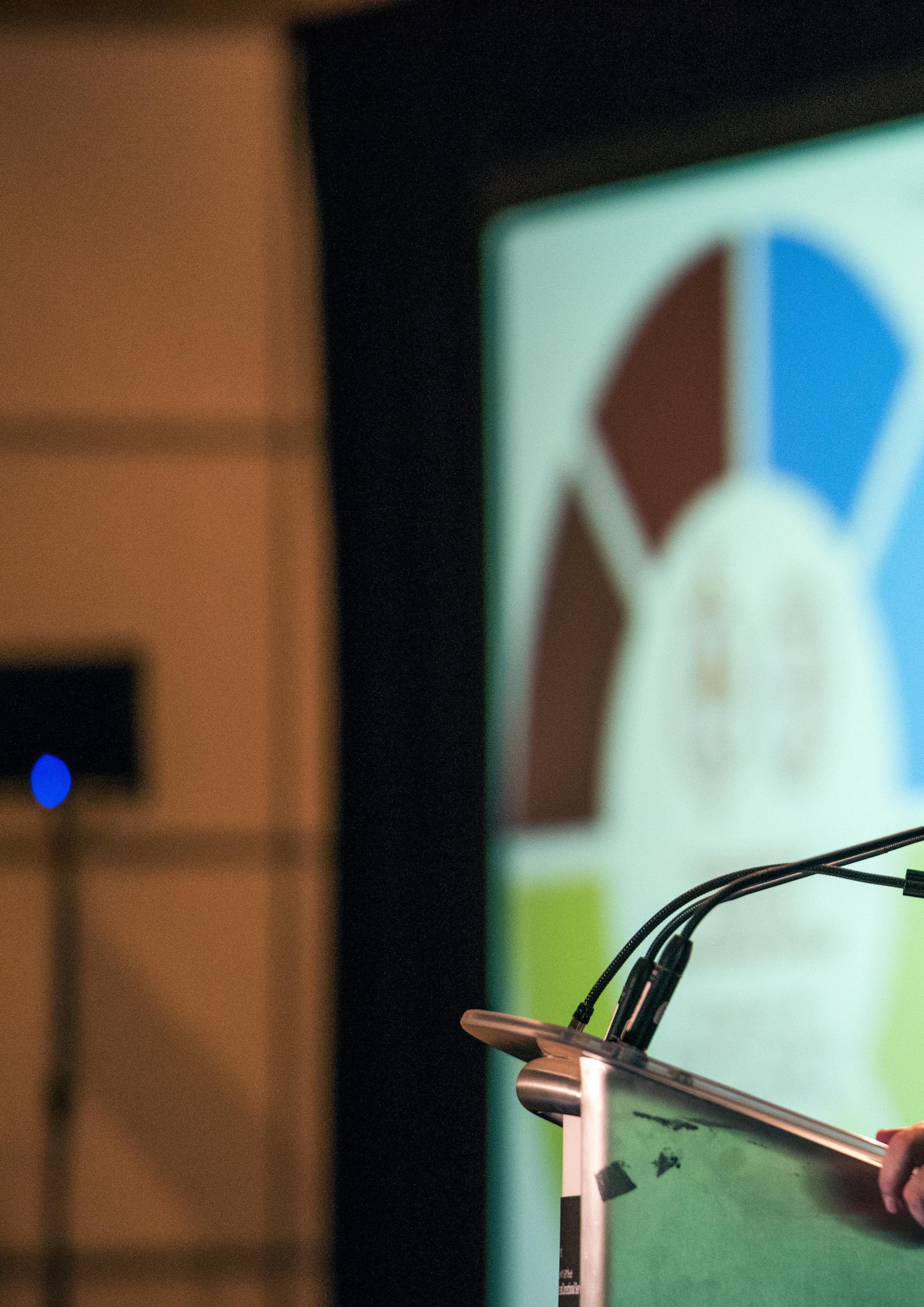
3 minute read
Racist and discriminatory
While the BC government calls it “illegal and unconstitutional”, the controversial practice of birth alerts is still common practice in Quebec. A recent APTN News investigation found that birth alerts occur every two days, on average, in the AbitibiTémiscamingue region.
Advertisement
Medical staff issue birth alerts by sharing an expectant parent’s personal information, without their consent, with social and health workers if there are concerns for the newborn’s safety based on the parent’s history. They often result in apprehension and the child’s placement into foster care.
Disproportionately used for Indigenous children, the National Inquiry into Missing and Murdered Indigenous Women and Girls (MMIWG) said in 2019 that the “racist and discriminatory” practice should be abolished. Since then, birth alerts have been discontinued in seven provinces and territories.
However, documents obtained by APTN reveal there were 198 birth alerts registered in the Abitibi-Témiscamingue region between April 1, 2019 and March 31, 2020, most commonly for “serious risk of negligence.” These numbers include 80 reported at the Val-d’Or hospital, the nearest obstetric ward to most Cree communities.
“I believe that there is racial profiling in these various hospitals in AbitibiTémiscamingue,” Anishnabe Nation of Lac-Simon councillor Lucien Wabanonik told APTN. “There are some who are very afraid, even today when we talk to each
‘Racist and discriminatory ’ by Patrick Quinn
Controversial birth alerts remain common in the North
other, of going to the hospital and giving birth in the hospital.”
Wabanonik is a facilitator of Mino Obigiwasin, an organization serving four Anishnabeg communities in child and family services. He believes there are better ways to support new mothers whose children may be at risk and there is an urgent need for changes.
“I think there are a lot of birth alerts, which is extremely unfortunate and deplorable,” said Wabanonik. “I know very well from experience and having seen certain things in the community here in Lac-Simon. There are young women who took their own lives.”
Birth alerts may deter at-risk women from accessing prenatal care or seeking other treatment. Women may also be considered high-risk if they had a child apprehended years earlier, even if their life has since changed significantly.
A source with first-hand knowledge of the situation confirms that birth alerts were issued for several new mothers in Eeyou Istchee but the Nation was unable to speak with them before press time.
In June 2019, the first babies under the Cree Board of Health and Social Services’ midwifery program were born in Chisasibi. The midwifery program was launched in September 2018 to bring birthing back to the territory. These services will soon be offered in all communities, enabling women to give birth at Chisasibi Hospital, birthing homes or private spaces where they feel safe and comfortable.
New birthing centres are being constructed in Chisasibi, Waskaganish and Mistissini, intended to provide “a comfortable, home-like environment for women and their families during labour and childbirth.”
The Quebec health ministry has stated it will act upon recommendations regarding Indigenous communities in the final report of the Commission on the Rights of Children, which will be released April 30.
“The decision to use an unborn baby alert is a clinical decision based on risk factors and not on the cultural identity of families,” wrote Quebec Health and Social Services Lionel Carmant.
“The practice does not necessarily lead to a removal of the child at birth,” he continued, “but rather to a report that will be processed and assessed against the youth protection law, which, where appropriate, leads to the appropriate support for families.”







